Introduction
A clogged dishwasher can be a frustrating problem that disrupts your daily routine. Many homeowners search for effective solutions to unclog their dishwasher quickly and efficiently. One commonly suggested method is running hot water through the dishwasher to help clear the clog. In this guide, we will conduct an in-depth analysis of using hot water to unclog a dishwasher. By examining the potential benefits, considerations, and limitations of this method, you can determine whether it is a viable solution for your specific dishwasher clog.
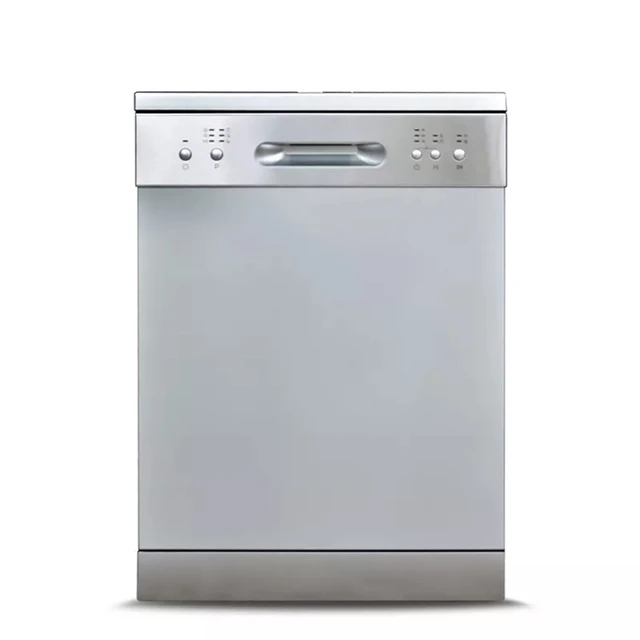
Can running hot water through dishwasher help with unclogging?
Understanding Dishwasher Clogs
1.1. Common Causes of Clogs
Dishwasher clogs can occur due to various reasons, including food particles, grease buildup, soap residue, or hard water deposits. These materials can accumulate in the dishwasher drain, filter, or spray arms, hindering proper water flow and preventing the dishwasher from effectively cleaning dishes.
1.2. Symptoms of a Clogged Dishwasher
Symptoms of a clogged dishwasher may include standing water in the bottom of the dishwasher, poor cleaning results, unusual noises during the cycle, or water leaking from the appliance. Identifying these symptoms can help you determine if your dishwasher is indeed clogged and in need of attention.
The Hot Water Method
2.1. Potential Benefits
Running hot water through the dishwasher can help dissolve and flush away certain types of clogs. The high temperature of the water can help break down grease, soap residue, and food particles, potentially clearing minor clogs and improving the dishwasher’s performance.
2.2. Procedure
To use the hot water method, start by ensuring that the dishwasher is empty of dishes and any loose debris. Then, run the kitchen faucet until the water is hot, adjusting the temperature to the highest setting. Once the water is hot, turn on the dishwasher and select a program without adding any detergent. Allow the dishwasher to run a complete cycle, using the hot water to help flush out any potential clogs.
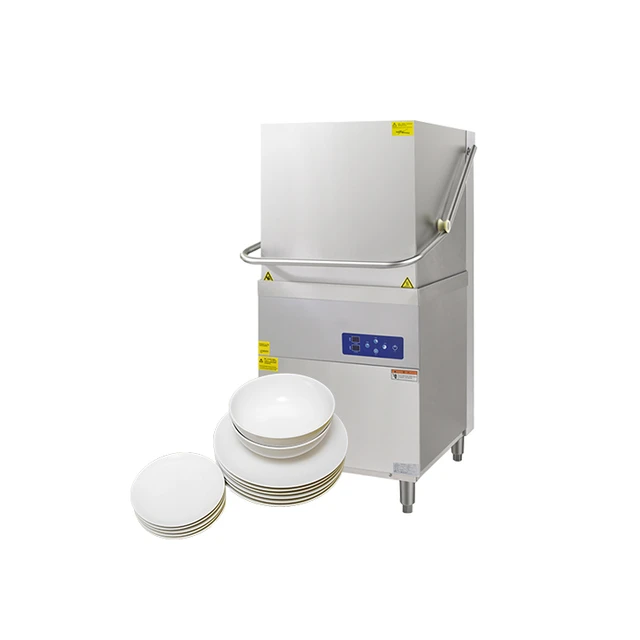
Considerations and Limitations
3.1. Severity of the Clog
The hot water method is most effective for minor clogs caused by grease, soap residue, or loose food particles. However, if the clog is severe or caused by larger objects such as utensils or broken glass, the hot water method may not be sufficient to clear the blockage. In such cases, manual removal or professional assistance may be required.
3.2. Hard Water Deposits
If the clog is caused by hard water deposits, such as limescale or mineral buildup, the hot water method may not be as effective. Hard water deposits are often more stubborn and require specialized cleaning solutions or techniques to dissolve and remove them.
Preventative Measures and Regular Maintenance
4.1. Proper Dishwasher Use
To minimize the occurrence of dishwasher clogs, it is important to practice proper dishwasher use. This includes scraping off excess food from dishes before loading them, avoiding overloading the dishwasher, and using the appropriate amount of detergent for each cycle. These practices can help reduce the likelihood of clogs and maintain the dishwasher’s optimal performance.
4.2. Regular Cleaning and Maintenance
Routine cleaning and maintenance are essential for preventing dishwasher clogs. Regularly clean the dishwasher filter, spray arms, and drain to remove any buildup of food particles or debris. Additionally, consider using a dishwasher cleaner periodically to remove soap residue and hard water deposits.
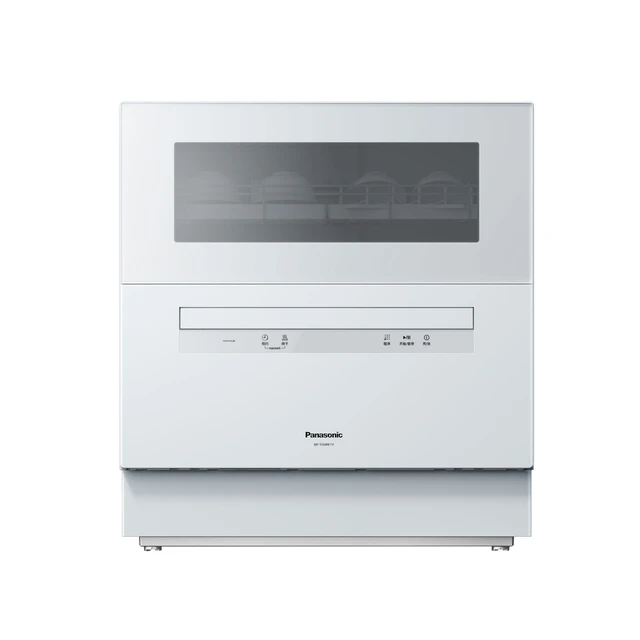
Alternative Methods for Clog Removal
5.1. Manual Removal
For more stubborn or severe clogs, manual removal may be necessary. This involves accessing the dishwasher drain or filter and physically removing the clog using tools such as a plunger, drain snake, or wire hanger. Care should be taken to avoid damaging the dishwasher components during the process.
5.2. Professional Assistance
If all attempts to clear the clog using the hot water method or other DIY methods prove unsuccessful, it may be necessary to seek professional assistance. A plumber or appliance repair technician can assess and address the clog using specialized equipment and techniques, ensuring that the dishwasher is restored to proper functioning.
Additional Tips for Dishwasher Maintenance
6.1. Regular Filter Cleaning
To prevent clogs and maintain proper water flow, it is important to clean the dishwasher filter regularly. Remove the filter according to the manufacturer’s instructions and rinse it under running water to remove any debris or buildup. Regular filter cleaning helps prevent clogs and ensures the dishwasher operates efficiently.
6.2. Vinegar Rinse
Periodically running a vinegar rinse through your dishwasher can help remove soap scum, mineral deposits, and odors. To do this, place a cup of white vinegar in a dishwasher-safe container on the top rack of the empty dishwasher. Run a hot water cycle without any detergent. The vinegar will help break down deposits and leave your dishwasher fresh and clean.
6.3. Avoid Excessive Detergent Use
Using too much detergent can contribute to clogs and poor dishwasher performance. Follow the manufacturer’s guidelines and use the recommended amount of detergent for each cycle. Using too much detergent can result in excessive sudsing and residue buildup in the dishwasher, leading to clogs over time.
6.4. Check Spray Arms
Regularly check the spray arms to ensure they are free from obstruction. Remove any debris or buildup that may be blocking the spray nozzles. Properly functioning spray arms are essential for even water distribution and effective cleaning.
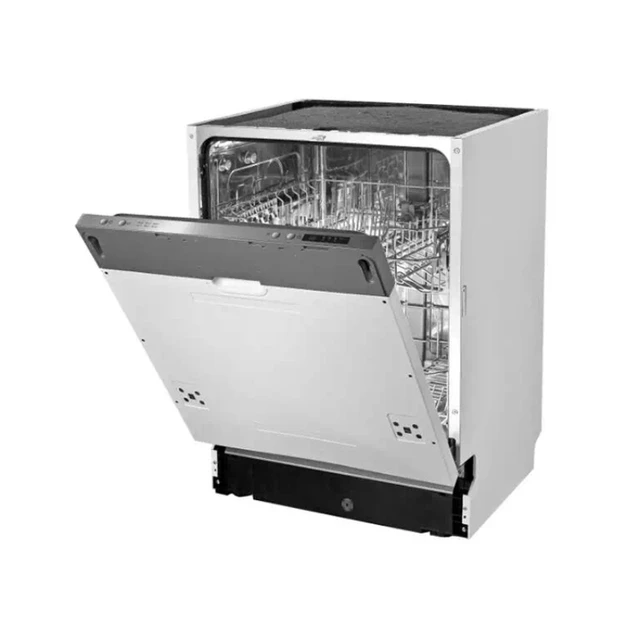
When to Seek Professional Help
7.1. Persistent or Severe Clogs
If you have tried the hot water method and other DIY techniques without success, or if the clog is persistent or severe, it may be time to seek professional help. A plumber or appliance repair technician can assess the situation, diagnose the cause of the clog, and use specialized tools and techniques to clear it.
7.2. Safety Concerns
If you are unsure about performing any maintenance or troubleshooting procedures on your dishwasher, or if you have concerns about damaging the appliance, it is best to consult a professional. They have the expertise and experience to address any safety concerns and ensure proper handling of your dishwasher.
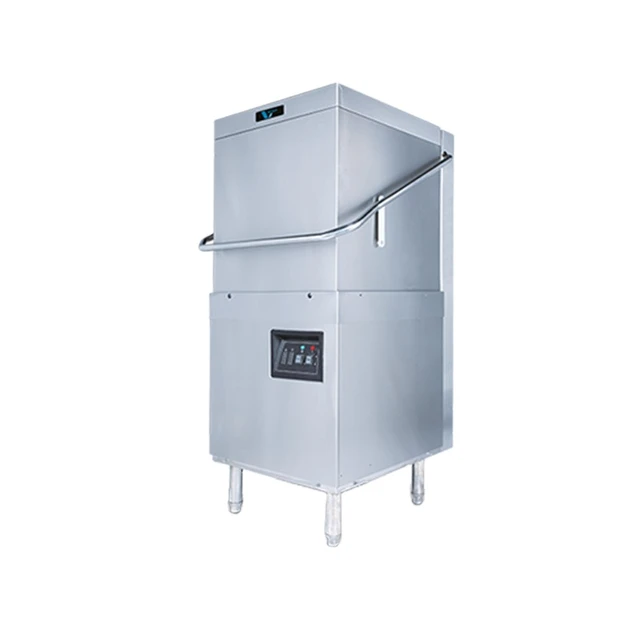
Conclusion
Running hot water through the dishwasher can be an effective method for clearing minor clogs caused by grease, soap residue, or loose food particles. The high temperature of the water helps break down these materials and flush them away. However, it is important to consider the severity of the clog and the potential presence of hard water deposits, which may require additional measures to clear. Practicing proper dishwasher use, regular cleaning, and maintenance can help prevent clogs from occurring in the first place. In cases of more stubborn or severe clogs, manual removal or professional assistance may be necessary. By understanding the limitations and considering alternative methods, you can effectively address dishwasher clogs and maintain the optimal performance of your appliance.

